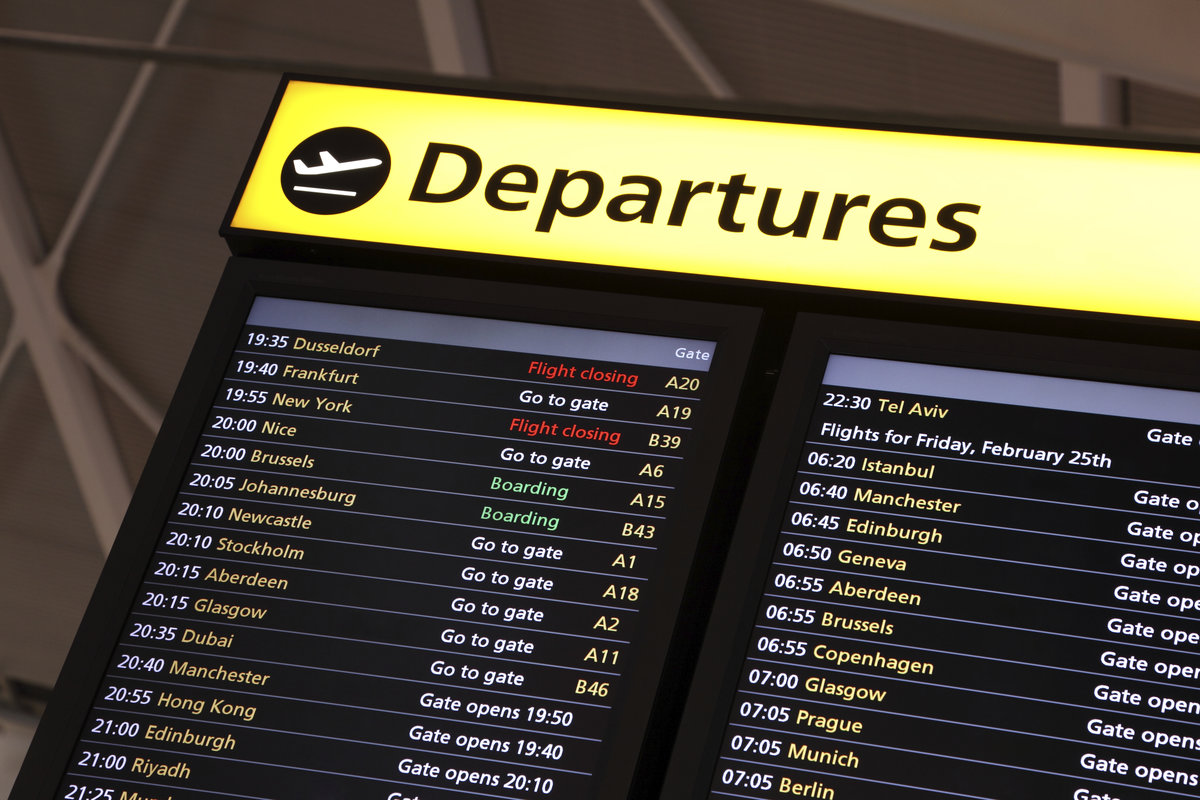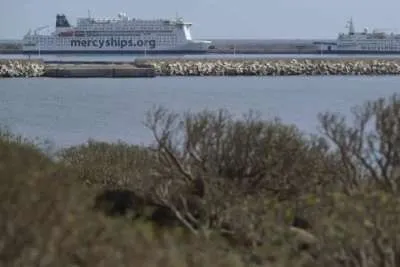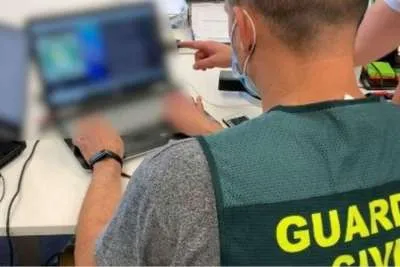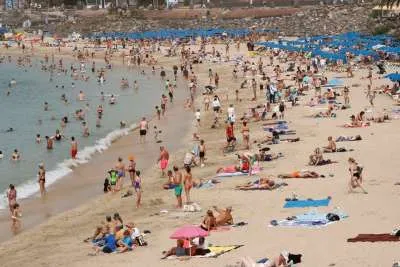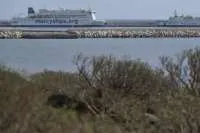The EU agrees to open borders to vaccinated travellers from outside the bloc
- 19-05-2021
- National
- Canarian Weekly
EU ambassadors for the 27 member states of the union have reached an agreement today (Wednesday) to allow vaccinated holidaymakers from outside the EU, including the UK, to visit countries in the bloc from June 1st. Ambassadors recommended that rules should be changed to allow non-essential visits into the EU by travellers who are fully vaccinated, in other words those who have had both doses of a two-dose vaccine or one in the case of the Janssen vaccine.
However, on the unresolved question of how will visitors be able to prove they have been vaccinated, the EU said it will be up to individual member states to decide what evidence they will accept.
The EU currently has a small “safe list” of countries from where travellers are allowed in for non-essential reasons due to its infection rates, which includes Australia, New Zealand and Israel. The UK is expected to be formally added to this list on Friday although some EU countries, including France, have already jumped ahead and allowed non-essential travel from the UK.
Travellers from these countries are permitted to enter the bloc even if they are not vaccinated, but in general must show evidence of a recent negative Covid test. The EU is currently working on a “Covid-19 digital certificate” which will allow travellers to prove they are either vaccinated, have recovered from Covid, or have recently tested negative.
Brussels is in talks with other countries like the US and the UK to determine whether visitors from these countries can also use the EU’s Covid-19 certificate, which should be available on a smartphone app sometime in June.
Earlier this month the EU Commission president, Ursula von der Leyen, revealed the bloc’s plan “to revive the tourism industry and rekindle cross-border friendships”.
“We propose to welcome vaccinated visitors again from those countries with a good health situation. But if variants emerge we have to act fast: we propose an EU emergency brake mechanism,” she said.
The EU has been trying to push a coordinated response across the 27 member states to allow for tourist travel from non-EU countries, which was effectively banned in March last year. However, border policy is decided on by each member state and finding common ground in this area has proved difficult, but there has been increasing pressure to open up from certain European countries, including Spain, which depend heavily on tourism.
“The Commission proposes to allow entry to the EU for non-essential reasons not only for all persons coming from countries with a good epidemiological situation, but also all people who have received the last recommended dose of an EU-authorised vaccine,” says the EU Commission statement. Currently the four vaccines licensed for use in the EU so far, are Pfizer, Moderna, AstraZeneca and Janssen.
The Commission says growing evidence that vaccination helps to break transmission chains supports the argument to reopen borders to tourists from non-EU countries.
The EU parliament has backed the Commission’s plan for “EU Covid-19 certificates” that travellers would need to prove they are either: fully vaccinated, have recovered from Covid (and therefore have antibodies) or have tested negative before travel.
This is what the EU Commission has proposed:
- Member States should allow travel into the EU of those people who have received, at least 14 days before arrival, the last recommended dose of a vaccine having received marketing authorisation in the EU (Pfizer, Moderna, AstraZeneca, Janssen).
- If Member States decide to waive the requirements to present a negative PCR test and/or to undergo quarantine for vaccinated persons on their territory, they should also waive such requirements for vaccinated travellers from outside the EU.
- Member States could consider setting up a portal allowing travellers to ask for the recognition of a vaccination certificate issued by a non-EU country as reliable proof of vaccination.
- Children who are excluded from vaccination should be able to travel with their vaccinated parents if they have a negative PCR test taken at the earliest 72 hours before arrival in the bloc.
Several EU member states have already announced their own plans for reopening, including France which proposes allowing all vaccinated tourists from outside the EU from June 9th, and Spain which is talking to the UK government directly about access for British tourists this summer.
Other articles that may interest you...
Trending
Most Read Articles
Featured Videos
TributoFest: Michael Buble promo 14.02.2026
- 30-01-2026
TEAs 2025 Highlights
- 17-11-2025


